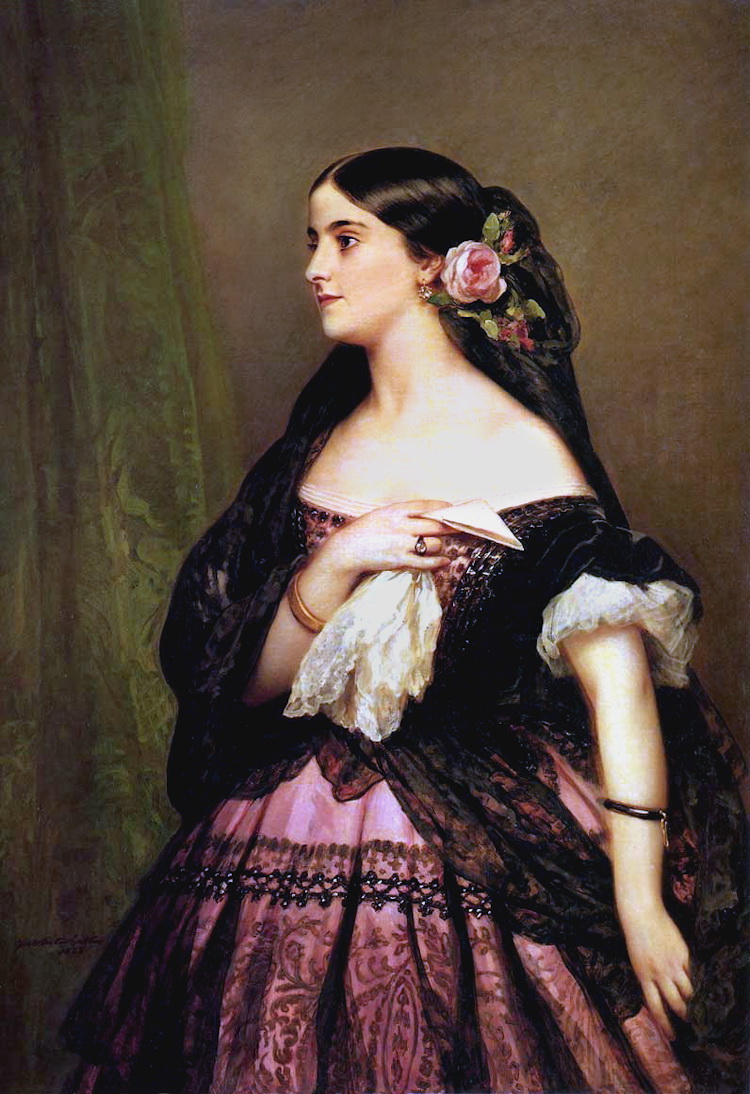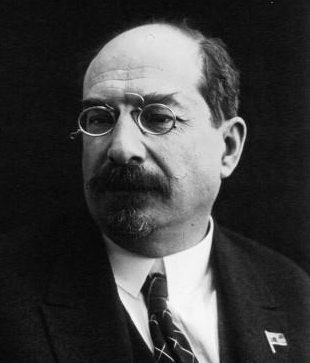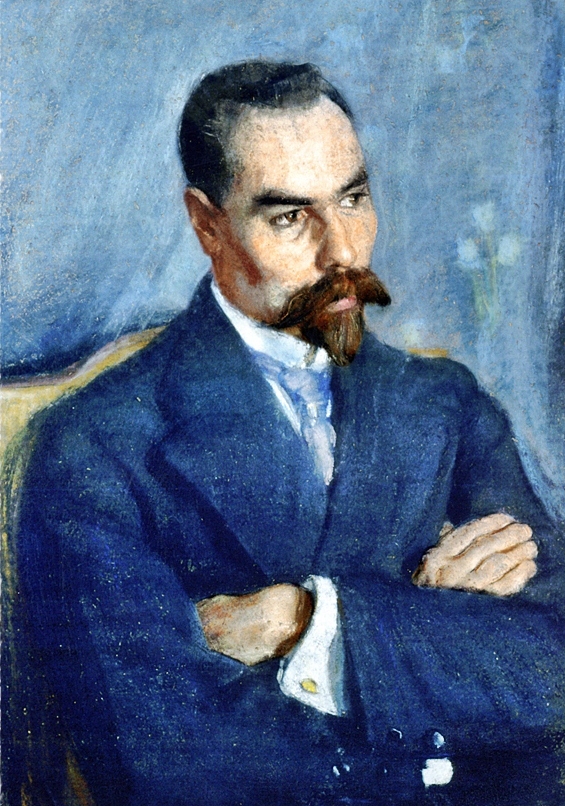|
150 000 000
''150 000 000'' (Russian: ''Sto pyat'desyat millionov'') is a poem by Vladimir Mayakovsky written in 1919–1920 and first published in April 1921 in poetry, 1921 by GIZ (Gosizdat) Publishers, originally anonymously. The poem, hailing the 150-million-strong Russians, Russian people's mission in starting the world revolution (represented here as an allegorical battle of the Russian Ivan and the American president Woodrow Wilson, the embodiment of the Capitalism, capitalist evil), failed to impress the Soviet revolutionary leader Vladimir Lenin who apparently saw in it little but a pretentious Russian Futurism, Futuristic experiment. History Mayakovsky conceived and started writing the poem in the first half of 1919 and completed it in March 1920. Among its several working titles were "The Will of the Millions" (Воля миллионов, ''Volya millionov''), "The Tale of Ivan" (Былина об Иване, ''Bylina ob Ivane'') and "Ivan The Bylina. The Revolutionary Epic" (Ив� ... [...More Info...] [...Related Items...] OR: [Wikipedia] [Google] [Baidu] |
WikiProject Novels
A WikiProject, or Wikiproject, is an affinity group for contributors with shared goals within the Wikimedia movement. WikiProjects are prevalent within the largest wiki, Wikipedia, and exist to varying degrees within Wikimedia project, sibling projects such as Wiktionary, Wikiquote, Wikidata, and Wikisource. They also exist in different languages, and translation of articles is a form of their collaboration. During the COVID-19 pandemic, CBS News noted the role of Wikipedia's WikiProject Medicine in maintaining the accuracy of articles related to the disease. Another WikiProject that has drawn attention is WikiProject Women Scientists, which was profiled by ''Smithsonian Magazine, Smithsonian'' for its efforts to improve coverage of women scientists which the profile noted had "helped increase the number of female scientists on Wikipedia from around 1,600 to over 5,000". On Wikipedia Some Wikipedia WikiProjects are substantial enough to engage in cooperative activities with outsi ... [...More Info...] [...Related Items...] OR: [Wikipedia] [Google] [Baidu] |
Russian Futurism
Russian Futurism is the broad term for a movement of Russian poets and artists who adopted the principles of Filippo Marinetti's "Futurist Manifesto, Manifesto of Futurism", which espoused the rejection of the past, and a celebration of speed, machinery, violence, youth, industry, destruction of academies, museums, and urbanism; it also advocated for modernization and cultural rejuvenation. Russian Futurism began roughly in the early 1910s; in 1912, a year after Ego-Futurism began, the literary group "Hylea"—also spelt "Guilée" and "Gylea"—issued the manifesto ''A Slap in the Face of Public Taste''. The 1912 movement was originally called Cubo-Futurism, but this term is now used to refer to the style of art produced. Russian Futurism ended shortly after the Russian Revolution of 1917, after which former Russian Futurists either left the country, or participated in the new art movements. Notable Russian Futurists included Natalia Goncharova, Mikhail Larionov, David Burliuk, ... [...More Info...] [...Related Items...] OR: [Wikipedia] [Google] [Baidu] |
Adelina Patti
Adelina Patti (19 February 184327 September 1919) was a Spanish-Italian opera singer. At the height of her career, she was earning huge fees performing in the music capitals of Europe and America. She first sang in public as a child in 1851, and gave her last performance before an audience in 1914. Along with her near contemporaries Jenny Lind and Christina Nilsson, Patti remains one of the most famous sopranos in history, owing to the purity and beauty of her lyrical voice and the unmatched quality of her ''bel canto'' technique. The composer Giuseppe Verdi, writing in 1877, described her as being perhaps the finest singer who had ever lived and a "stupendous artist". Verdi's admiration for Patti's talent was shared by numerous music critics and social commentators of her era. Biography She was born Adela Juana Maria Patti, in Madrid, the youngest child of tenor Salvatore Patti (1800–1869) and soprano Caterina Barilli (died 1870). Her Italian parents were working in Spai ... [...More Info...] [...Related Items...] OR: [Wikipedia] [Google] [Baidu] |
Sukharev Tower
The Sukharev Tower (Сухарева башня) was a Moscow landmark until its destruction by Soviet authorities in 1934. Tsar Peter I of Russia had the tower built in the Moscow baroque style at the intersection of the Garden Ring with Sretenka Street in 1692–1695. History Peter ordered the construction of the tower to commemorate his triumph over his half-sister Sofia in 1689, after the Streltsy uprising had been crushed. The tower received its name in honor of Lavrentii Pankrat'evich Sukharev, whose regiment of streltsy had supported Peter.Craft, William Brumfield (1993). ''A History of Russian Architecture''. Cambridge: Cambridge University Press. p. 195. Tower construction The brick tower was built from 1692 through 1701 under the direction of the architect . It was not a fortress but rather a ceremonial gateway into the city. The first floor formed an arched entrance to the city. The second floor contained guardrooms. Originally these served as barracks for Sukh ... [...More Info...] [...Related Items...] OR: [Wikipedia] [Google] [Baidu] |
Chicago
Chicago is the List of municipalities in Illinois, most populous city in the U.S. state of Illinois and in the Midwestern United States. With a population of 2,746,388, as of the 2020 United States census, 2020 census, it is the List of United States cities by population, third-most populous city in the United States after New York City and Los Angeles. As the county seat, seat of Cook County, Illinois, Cook County, the List of the most populous counties in the United States, second-most populous county in the U.S., Chicago is the center of the Chicago metropolitan area, often colloquially called "Chicagoland" and home to 9.6 million residents. Located on the shore of Lake Michigan, Chicago was incorporated as a city in 1837 near a Chicago Portage, portage between the Great Lakes and the Mississippi River, Mississippi River watershed. It grew rapidly in the mid-19th century. In 1871, the Great Chicago Fire destroyed several square miles and left more than 100,000 homeless, but ... [...More Info...] [...Related Items...] OR: [Wikipedia] [Google] [Baidu] |
Gubernia
A governorate (, , ) was a major and principal administrative subdivision of the Russian Empire. After the Bolshevik Revolution in 1917, governorates remained as subdivisions in the Byelorussian, Russian and Ukrainian Soviet republics, and in the Soviet Union from its formation in 1922 until 1929. The term is also translated as ''government'' or ''province''. A governorate was headed by a governor (), a word borrowed from Latin , in turn from Greek (). Selected governorates were united under an assigned governor-general such as the Grand Duchy of Finland, Congress Poland, Russian Turkestan and others. There were also military governors such as Kronstadt, Vladivostok and others. Aside from governorates, other types of divisions were oblasts (region) and okrugs (district). First reform This subdivision type was created by the edict (ukase) of Peter the Great on December 18, 1708 "On the establishment of the gubernias and cities assigned to them", which divided Russia into e ... [...More Info...] [...Related Items...] OR: [Wikipedia] [Google] [Baidu] |
Ivan Defeats Wilson
Ivan () is a Slavic male given name, connected with the variant of the Greek name (English: John) from Hebrew meaning 'God is gracious'. It is associated worldwide with Slavic countries. The earliest person known to bear the name was the Bulgarian Saint Ivan of Rila. It is very popular in Russia, Ukraine, Croatia, Serbia, Bosnia and Herzegovina, Slovenia, Bulgaria, Belarus, North Macedonia, and Montenegro and has also become more popular in Romance-speaking countries since the 20th century. Etymology Ivan is the common Slavic Latin spelling, while Cyrillic spelling is two-fold: in Bulgarian, Russian, Macedonian, Serbian and Montenegrin it is , while in Belarusian and Ukrainian it is . The Old Church Slavonic (or Old Cyrillic) spelling is . It is the Slavic relative of the Latin name , corresponding to English ''John''. This Slavic version of the name originates from New Testament Greek (''Iōánnēs'') rather than from the Latin . The Greek name is in turn deriv ... [...More Info...] [...Related Items...] OR: [Wikipedia] [Google] [Baidu] |
Ministry Of Education (Soviet Union)
The Ministry of Education of the Union of Soviet Socialist Republics (USSR) (), formed on 3 August 1966, was one of the most important government offices in the Soviet Union. It was known as the People's Commissariat for Education (), or Narkompros, until 1946. Narkompros was a Soviet agency founded by the State Commission on Education () and charged with the administration of public education and most of other issues related to culture. Its first head was Anatoly Lunacharsky. However he described Nadezhda Krupskaya as the "soul of Narkompros". Mikhail Pokrovsky and Evgraf Litkens also played important roles. Despite Lunacharsky's efforts to protect most of the avant-garde artists such as Vladimir Mayakovsky, Kazimir Malevich, Vladimir Tatlin and Vsevolod Meyerhold, the official policy after Joseph Stalin put him in disgrace. Narkompros had a number of sections, in addition to the main ones related to general education, e.g., * Likbez, a section for liquidation of illiteracy, * ... [...More Info...] [...Related Items...] OR: [Wikipedia] [Google] [Baidu] |
Valery Bryusov
Valery Yakovlevich Bryusov ( rus, Вале́рий Я́ковлевич Брю́сов, p=vɐˈlʲerʲɪj ˈjakəvlʲɪvʲɪdʑ ˈbrʲusəf, a=Valyeriy Yakovlyevich Bryusov.ru.vorb.oga; – 9 October 1924) was a Russian poet, prose writer, dramatist, translator, critic and historian. He was one of the principal members of the Russian Symbolist movement.Darko Suvin, "Bryusov,Valery" in Curtis C. Smith, '' Twentieth-Century Science-Fiction Writers''. Chicago, St. James, 1986. (pp. 840–41). Background Valery Bryusov was born on 13 December 1873 (1 December 1873 according to the old Julian calendar) into a merchant's family in Moscow. His parents were educated for their class and had some literary associations, but had little to do with his upbringing, leaving the boy largely to himself. He spent a great deal of time reading "everything that fell into ishands", including the works of Charles Darwin and Jules Verne, as well as various materialistic and scientific essays. The ... [...More Info...] [...Related Items...] OR: [Wikipedia] [Google] [Baidu] |
Lunacharsky
Anatoly Vasilyevich Lunacharsky (, born ''Anatoly Aleksandrovich Antonov''; – 26 December 1933) was a Russian Marxist revolutionary and the first Soviet People's Commissar (minister) of Education, as well as an active playwright, critic, essayist, and journalist throughout his career. Background Lunacharsky was born on 23 or 24 November 1875 in Poltava, Ukraine (then part of the Russian Empire), as the illegitimate child of Alexander Antonov and Alexandra Lunacharskaya, née Rostovtseva. His mother was then married to statesman Vasily Lunacharsky, a nobleman of Polish origin, whence Anatoly's surname and patronym. She later divorced Vasily Lunacharsky and married Antonov, but Anatoly kept his former name. In 1890, at the age of 15, Lunacharsky became a Marxist. From 1894, he studied at the University of Zurich under Richard Avenarius for two years without taking a degree. In Zürich he met European socialists, including Rosa Luxemburg and Leo Jogiches, and joined the Ru ... [...More Info...] [...Related Items...] OR: [Wikipedia] [Google] [Baidu] |
Lenin And Lunacharsky Inspect The Guard Of Honor, 1920
Vladimir Ilyich Ulyanov ( 187021 January 1924), better known as Vladimir Lenin, was a Russian revolutionary, politician and political theorist. He was the first head of government of Soviet Russia from 1917 until Death and state funeral of Vladimir Lenin, his death in 1924, and of the Soviet Union from 1922 until his death. As the founder and leader of the Bolsheviks, Lenin led the October Revolution which established the world's first socialist state. His government won the Russian Civil War and created a one-party state under the Communist Party of the Soviet Union, Communist Party. Ideologically a Marxist, his developments to the ideology are called Leninism. Born into a middle-class family in Simbirsk in the Russian Empire, Lenin embraced revolutionary socialist politics after Aleksandr Ulyanov, his brother was executed in 1887 for plotting to assassinate Alexander III of Russia, the tsar. He was expelled from Kazan Imperial University for participating in student prote ... [...More Info...] [...Related Items...] OR: [Wikipedia] [Google] [Baidu] |
Polytechnic Museum
The Polytechnic Museum () is one of the oldest science museums in the world and is located in Moscow. It showcases Russian and Soviet technology and science, as well as modern inventions. It was founded in 1872 after the first All-Russian Technical Exhibition on the bicentennial anniversary of the birth of Peter the Great at the initiative of the Society of Devotees of Natural Science, Anthropology, and Ethnography.Polytechnic MuseumHistory/ref> The first stage of the museum was designed by Ippolit Monighetti and completed in 1877. The north wing was added in 1896 and the south wing in 1907. The Polytechnic Museum is the largest technical museum in Russia, and houses a wide range of historical inventions and technological achievements, including humanoid automata of the 18th century, and the first Soviet computers. The collection contains over 160,000 items in 65 halls including, chemistry, mining, metallurgy, transport, energy, optics, automation, computer engineering, radio e ... [...More Info...] [...Related Items...] OR: [Wikipedia] [Google] [Baidu] |







